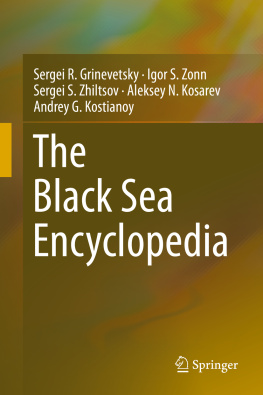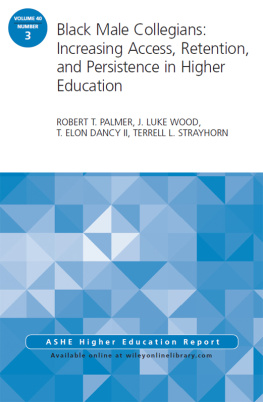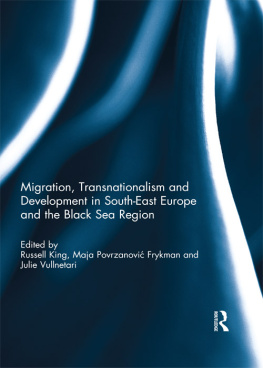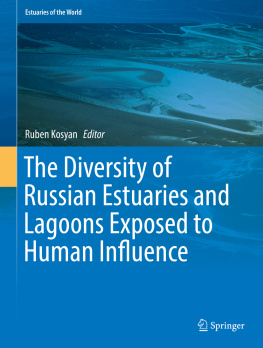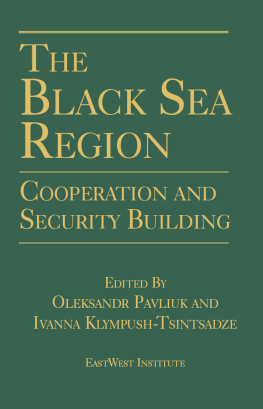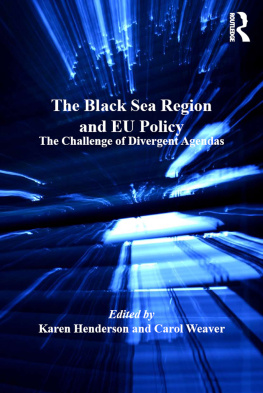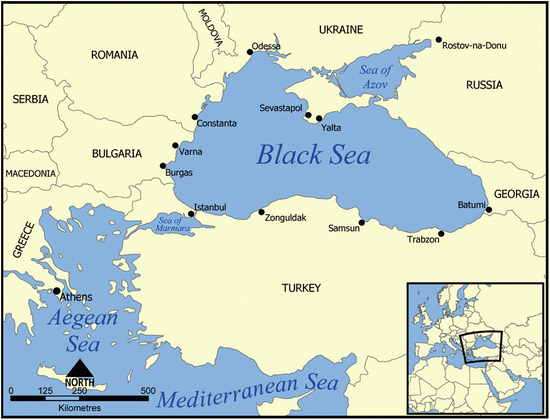The Black Sea Encyclopedia is the third one in the new series of encyclopedias about the seas of the former Soviet Union published by Springer-Verlag. The first volumeThe Aral Sea Encyclopedia was published in 2009, the second volumeThe Caspian Sea Encyclopedia appeared in 2010. This new volume includes the information about the Black Sea as well as for the Sea of Azov. It is planned that the series will be continued by the Far Eastern seasthe Japan, Okhotsk and Bering seas, Russian Arctic seas, and the Baltic Sea.
For several thousands years the Black and Azov Seas Region was shared by different civilizations from Ancient Greece to Mogol Khans and the Osman Empire. The region was an arena of continuous wars for the Black Sea coasts and control over the Black Sea between Russia and Turkey in eighteenth to nineteenth centuries, that continued by World War I and World War II in twentieth century. The disintegration of the Socialist block in 1989 (Bulgaria and Romania were socialist countries), disintegration of the USSR in 1991 when the new independent states of Ukraine and Georgia appeared, expansion of NATO over Turkey in 1952, and Bulgaria and Romania in 2004, independence of Abkhazia which left Georgia in 2008, all these political events have radically changed the political and economic situation in the Black Sea Region. This increase in the number of the Black Sea legal entities from four to seven has given rise to a whole tangle of geopolitical, economic, international legal, ethnic and environmental problems, each of which demands its own approach and settlement mechanism.
The Black Sea Region ( http://climatelab.org/@api/deki/files/222/=Black_Sea_map.png )
The Black Sea region has always attracted attention, which was caused by the unique features of the nature of the sea, by the diversity of natural resources, and by the great economic and geopolitical importance of the basin of the Black Sea. The Black Sea Region plays a significant role in the European and world economic system. The significance of the Black Sea Region is related, to a great extent, to its multiple sea and land transport routes and oil and gas pipelines, which play a significant role in export of oil, gas, wood, grain and other resources and products from Russia, Kazakhstan, Azerbaijan, Turkey and other countries. The Black Sea region is well known as a recreation area. Fishery is also retained in the regions economy, although, today its significance has strongly decreased. The role of hydrocarbon resources, to date, has been restricted to oil and gas prospecting in the shelf areas of the sea.
The high degree of urbanization of the coastal zone of the Black Sea represents a permanent menace of marine environment pollution. The principal pollution sources include industrial wastes of large cities and their sanitary condition. Rivers also influence the pollution of marine environment. This is especially manifested in shelf regions such as the northwestern part of the Black Sea.
One of the most important economic trends of the region is the transport development. Here, intensive international navigation takes place and a significant number of large ports are located. In so doing, a large part of the traffic is related to the transport of oil and oil products, which represents a permanent source of pollution of the sea. Oil enters the environment as a result of illegal, accidental, and operational discharges from vessels and oil terminals, as well as from land-based sources. Almost a half of the inputs of oil from land-based activities are brought to the Black Sea via the Danube River. The most serious aftereffects are related to accidents with ships carrying dangerous cargo, first of all, with tankers. Among the victims of such accidents, there are fishery, mariculture (mussel and shrimp industry), and recreation zones. A special problem is the navigation in the Turkish straits, where the transport, legal, and ecological issues are closely interwoven.
The navigation also affects the migration of organisms, which is often undesirable. In the autumn of 1988, the predator ctenophore Mnemiopsis leidyi started its mass development in the Black Sea. Because of the activity of the mnemiopsis population, the planktonic fodder base of planktivorous fishes such as Black Sea anchovy has reduced by 35 times; the biomass of these fishes proper, whose juveniles may be directly consumed by this ctenophore, has also decreased.
The particularity of the natural conditions of the Black Sea lies in the fact that it the largest basin in the world with a permanent halocline and a two-layered structure of the waters. The intensive pycno- and halocline prevents the waters from vertical mixing and oxygen penetration to deeper layers even in the period of the development of the wintertime vertical convection. Therefore, the entire water column below a depth of 100200 m represents an inanimate hydrogen sulphide zone, in which only anoxic processes take place. About 90 % of the water volume does not participate in the processes of self-purification of the sea.
Owing to the isolated inland position of the Black Sea, the formation of its hydrological regime proceeds under the control of external factors such as heat and moisture fluxes, momentum across the sea surface, and riverine runoff. Therefore, the sea is distinguished by a high degree of variability in the hydrological and hydrochemical conditions, especially in shallow-water shelf areas. This, in turn, affects the biocenoses and, finally, leads to general changes in the ecosystem of the sea. Its pelagic ecosystem features a low resistance and is very sensitive to climatic changes and anthropogenic impacts, which hides manifestations of natural factors.
The natural regime of the Black Sea is relatively well studied. The peak of intensity of the studies occurred in the 19601980s, when a great number of expeditions was performed. Starting from the 1990s, after the disintegration of the Soviet Union, who carried out the bulk of the regular observations, their number has sharply decreased. Meanwhile, during the last two decades, international activity at sea has intensified and a significant number of expedition have been performed under the auspices of special programs (CMSBlack, NATO TUBlack Sea, Black Sea Environmental Programme, ARENA, IASON, ASCABOS, SESAME, ALTICORE, MOPED, a series of other projects of the INTAS, INCO-Copernicus, NATO, International Atomic Energy Agency, UNESCO IOC, as well as those of the Russian Academy of Sciences, the Ministry of Education and Science of the Russian Federation, and the Russian Foundation for Basic Research) with the use of modern instruments and techniques for research.

